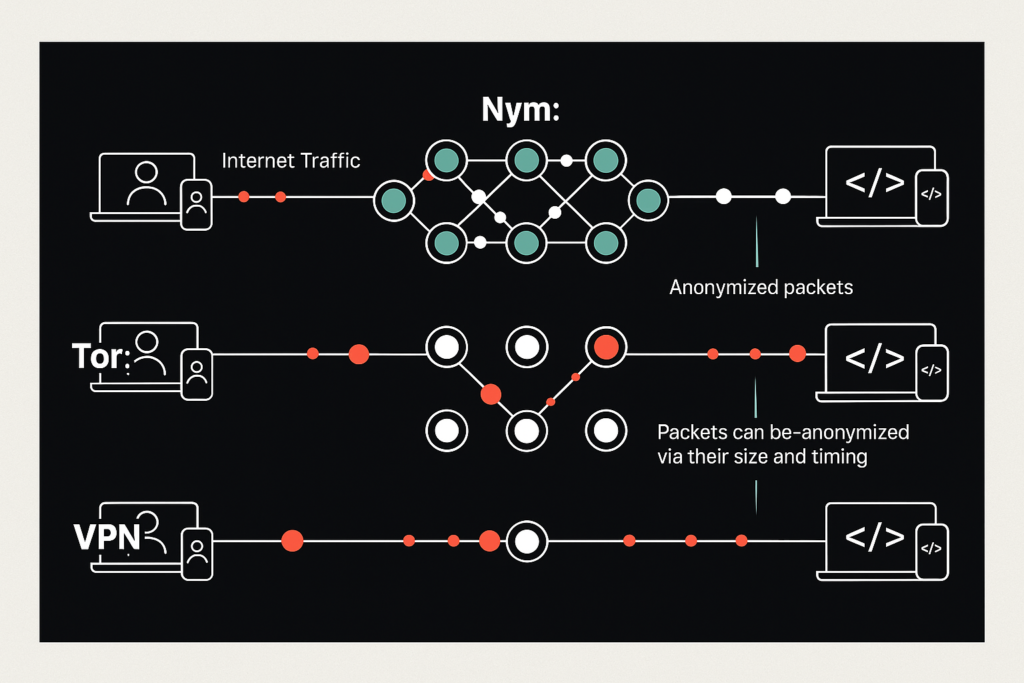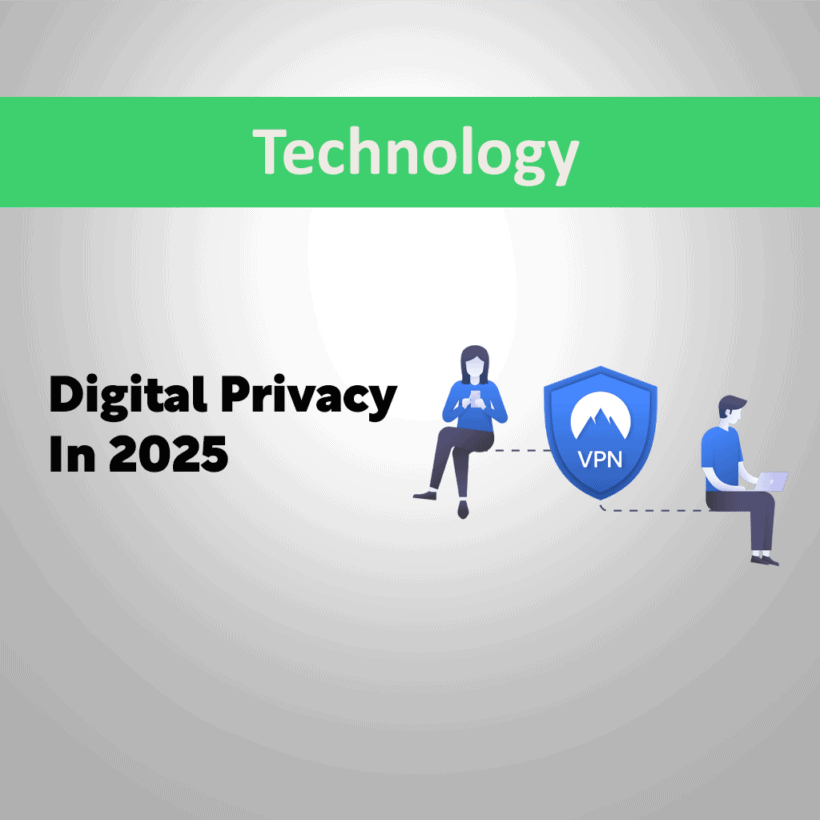In 2025, digital privacy is more than just a buzzword—it’s a necessity. As we spend more of our lives online, the methods used to track, monitor, and manipulate digital behavior have evolved drastically. VPNs (Virtual Private Networks) have long been marketed as the ultimate solution for protecting your online presence, but are they still enough?
The answer is: no.
Although VPNs remain important, they’re no longer enough to guarantee complete privacy in the age of sophisticated surveillance, artificial intelligence-powered tracking, and business data harvesting. Here, we’re going to explain why VPNs are falling short, what fresh threats have arisen, and what you need to be doing in 2025 to remain ahead.
The New Privacy Thread of 2025
1. AI Powered Behavioral Tracking
By 2025, AI algorithms don’t merely observe your IP-they scan the way you manipulate your mouse, navigate pages, and type. This behavior is kept on record and used to identify you uniquely, even as you switch machines or employ a VPN.
Such “AI fingerprinting” methods are implemented across e-commerce websites, search engines, and social media programs.
VPNs can no longer conceal your online behavior.
2. Browser Fingerprinting
Even with a VPN, sites can determine your browser and device configuration—your operating system, screen resolution, plugins, time zone, language preferences, and so on.
This technique, called browser fingerprinting, generates a distinct digital fingerprint that clings to you wherever you surf.
Only sophisticated privacy-conscious browsers or software like anti-fingerprinting add-ons can assist.
3. Supercookies and IP Tracing
VPNs might be able to cloak your IP, but Internet Service Providers (ISPs) and big networks now employ supercookies—persistent identifiers that even make it through when you change browsers or delete cookies.
Certain ISPs in the U.S., India, and parts of Europe are also infamous for injecting tracking headers into your traffic even before it hits the VPN tunnel.
4. Mobile Apps Data Leaks
In 2025, mobile phones are the largest privacy leak points. Weather, flashlight, or fitness trackers apps quietly send your location, contact list, and sensor information back to advertisers.
VPNs can’t block this because data from these apps avoids your browser and VPN tunnel and goes straight through your phone’s OS-level APIs.
5. Government and ISP Cooperation
In certain nations, governments collaborate with ISPs to track VPN users more intensely. VPN usage itself gets marked as “suspicious” in China, Russia, Iran, and even within certain regions of Europe.
Deep Packet Inspection (DPI) technology enables governments to recognize and throttle or block VPN traffic, making them useless in high-surveillance areas.

Manning says Nym is more sustainable, secure, and scalable than the decentralized browser Tor in part because Nym rewards its node operations with a crypto token, while Tor runs on a network of volunteers. While Nym’s blockchain is separate from its mixnet operations, it’s there to incentivize “mixnode” setups. The more mixnodes there are globally, the more decentralized and censorship-resistant the mixnet could ultimately become.


